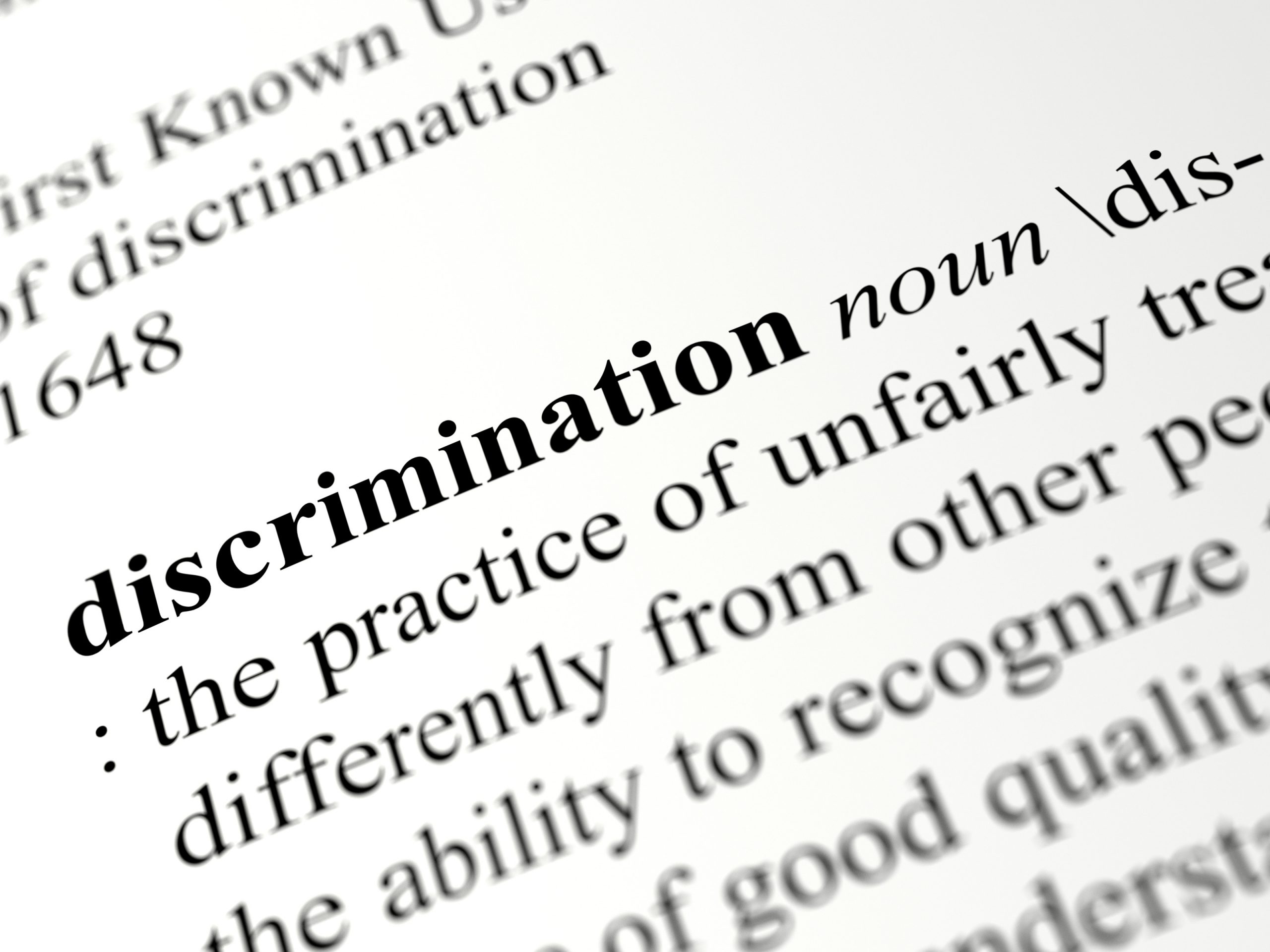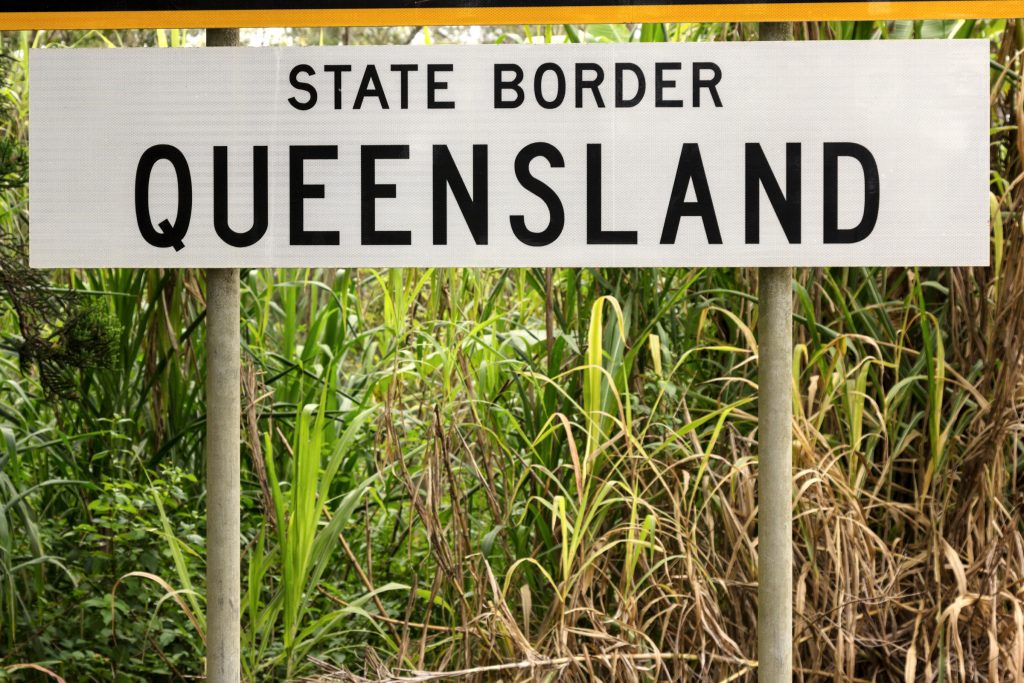
Discrimination – a very fine line to walk..
It’s interesting times as we head out of significant restrictions on our freedom due to COVID. On the one hand it’s great to think we’re likely to say farewell to mass lockdowns. On the other, it looks like there will be a very real distinction between the freedoms available to individual people, based on our inoculation status.
There was never any real surprise that the smaller States with the highest populations and highest population densities would suffer worse than the rest from COVID – that’s just a matter of mathematics! It has therefore been in those two States that the rush to get vaccinated has been the most accelerated. A combination of wanting to avoid as much serious illness as possible – and also to move towards a relaxation of the restrictions on our lives.
But as the dust settles on that most recent chapter, all States and territories are trying to work out how to reconcile a progressive opening of borders with avoiding any significant amount of serious illness arising. Employers in all sectors are working out how to balance an Occupational Health & Safety risk with respecting the rights of their employees to choose whether or not to get vaccinated. Businesses are trying to reconcile OHS risks for their employees, with the need to grant access to as many customers as they can get as they rebuild often decimated sales & profitability.
In New South Wales and Victoria, State governments have mandated that most categories of worker have to be double vaccinated – dates differ, but by the end of November regardless. This applies in our industries of Aged Care, Health Care, Child Care & Hospitality – and also in Retail. There is also a requirement that patrons of hospitality and a range of recreational facilities – and people wishing to gather at private or public events – must be double vaccinated to be able to attend. We suspect that similar requirements may be put in place in other States and Territories as they move to re-opening their borders – and as our international borders open up.
More and more frequently, as guidelines and restrictions of this nature are introduced, we’re hearing people complain that the requirements are discriminatory. It’s one set of rules for those who have been vaccinated (or have a medical exemption) – and completely another for those who have decided not to get vaccinated. In Victoria, the Checkin App we have been using since last year now incorporates our Federal Government Vaccination Digital Certificate. Try to check in to a venue or site where vaccination is a requirement – and you’ll get a red light at the door, and be denied entry. Green tick if you’ve vaccinated.
So the elephant in the room here, is whether this is “discrimination”.. And, of course, the answer to that questions is that this is definitely discrimination – because it treats people differently based on their vaccination status.. The smarter question to ask is whether this particular discrimination is illegal..
We’ve now seen quite a number of cases go through Fair Work Australia and our Courts. They have dealt with dismissals due to a refusal to get vaccinated and also whether it is lawful for an employer to mandate vaccination where there is not a public health order in place, ostensibly on the grounds of Occupational Health & Safety. So far the tribunals considering this question have overwhelmingly found that the discrimination is lawful – not the reverse. The only decision pending is one being taken by Health Care workers – and they have gone to the Human Rights Commission seeking a finding that these requirements by employers and governments amount to unlawful discrimination. There’s no word yet, but I suspect that the outcome will be that the ‘discrimination’ is lawful.
The reasoning provided by courts and tribunals so far is that it is lawful for action that discriminates where the basis upon which the discrimination takes place in of sufficient public interest – in this case the health of the public and individual members of the public (including co-workers and clients) – to be justified. So, at the macro level, it appears that governments and employers can require that people be vaccinated in specified circumstances and discriminate against them if they do not comply. From the perspective of workers, there seems to be little that they can do – other than cease working in roles that fall within public health orders or for employers who mandate vaccination.
The other common scenario is that of people and their recreational activities – including traveling to see family who live in another State or territory. At one end, there’s the question of whether a pub, restaurant, gym, hairdresser or theatre can deny you entry if you haven’t been vaccinated. At the other, can a State either prevent you entering or require that you quarantine if you haven’t been fully vaccinated. At this stage, it looks like the answer to both of those questions is an emphatic ‘Yes’. Those of us old enough to remember obligatory vaccinations before we could travel to various countries overseas have certainly been here before!
Where entry to a pub, club, gym or other recreational facility is concerned, the legal view is that entry is discretionary on the part of the person wanting to enter (there will always be other places to go) and the venue restricting entry has an OHS obligation to its staff and a Duty of Care to its patrons. This almost works as logic, except that we know vaccination doesn’t prevent people acquiring or passing on COVID – and the evidence that it diminishes transfer of the virus is hardly overwhelming. We’ve not seen anyone challenge the underlying logic of this scenario yet – and maybe we won’t. In any event, for now it appears legal to discriminate in this way.
The border scenario is far more easily justified on the basis of public health. The ‘intensity’ of the discrimination reduces once entry has been provided – albeit with quarantine restrictions that minimise the risk an un-vaccinated person will be COVID-positive and therefore able to infect others. It also, arguably, protects the State or Territory they are visiting from having to carry the burden of their hospitalisation should they become seriously ill. The border closures we have all been dealing with up until now were all authorised by government legislation using emergency powers, so were clearly legal. It’s only the effective closure of borders to people who aren’t vaccinated that raises the spectre of discrimination.
So there we have it. On the one hand it’s a tad scary to have governments and businesses given a licence to place conditions on entry based on a person’s vaccination status. On the other, given the cost of vaccinations, hospitals, acute care – and the propensity of COVID to continue to mutate in human beings – it’s difficult to see how it offends any of the Covenants in the Universal Declaration of Human Rights – and our local legislation based on it.
I guess we’ve just got to hope that after a few more months of coping with the fallout of 18 months of uncertainty, we can all start to see some certainty about the absence of broad-scale lockdowns in the future. And also that we’ll end up living with COVID in the same way we’ve learned to live with other viruses – recognising their potential danger and protecting ourselves as best we can, should we wish to do so.
Interesting times!






Stay Connected: